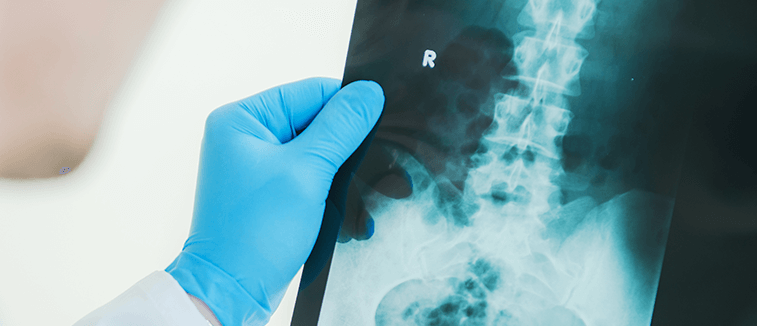Radiologist
Diagnose illnesses and injuries using medical imaging machines and procedures.
Job opportunities
-
Jobs in Jobstreet right nowJob growth
-
In the last yearSalary
-
Typical monthly salaryJob satisfaction
-
Job opportunities
-
Jobs in Jobstreet right nowSalary
-
Typical monthly salaryJob growth
-
In the last yearJob satisfaction
-
On this page
- What's it like to be a Radiologist?
- How to become a Radiologist
- Latest Radiologist jobs
- Top skills and experience for Radiologists
What's it like to be a Radiologist?
Radiologists review ultrasounds, magnetic resonance imaging (MRI) scans, and computer tomography (CT) scans. Radiologists explain the kind of tests that will be done with patients, and they coordinate with other physicians for the reading of the results. Radiologists can opt to specialize in areas such as mammography, cardiovascular radiology, gastrointestinal radiology, musculoskeletal radiology, or oncology.
Tasks and duties
- Interviewing and preparing patients for examinations.
- Helping patients acquire their CT or MRI images.
- Reviewing and interpreting X-rays using the teleradiology web-application and DICOM viewer software.
- Recommending further imaging if the prior ones do not suffice.
- Providing information to the physician regarding the patient’s results.
- Taking preventive measures to avoid unnecessary exposures.
How to become a Radiologist
You will be handling highly advanced equipment to diagnose patients, so you will need a formal education paired with sufficient experience to become a Radiologist.
- 1.Take the STEM strand (Science, Technology, and Mathematic) in senior high school. This strand will provide the principles of applied mathematics.
- 2.Choose and complete a bachelor degree in radiologic technology. This is a four-year program where you will gain technical skills and scientific knowledge in radiologic technology. You will also be made familiar with professional ethics practices and regulations both in the local and international setting.
- 3.In your fourth year, you will be required to undergo on-the-job training so you will have experience working in the field.
- 4.Once you graduate, you need to pass the Radiologic Technology Licensure Examination to obtain a license for your professional practice. This examination is conducted by the Board of Radiologic Technology with the supervision of the Professional Regulations Commission.
- 5.Look for employment in different tertiary hospitals and healthcare facilities.
Compare your salary
Find out how your salary compares with the average salary for Radiologists.Latest Radiologist jobs on Jobstreet
Be one of the first to discover these recently listed jobs, or browse all Radiologist jobs on Jobstreet right now.Did you find this helpful?
Skills and experience employers are looking for
Having the right skills and experience can make you an in-demand applicant. Radiologist employers on Jobstreet are looking for job seekers with expertise in the following areas. Radiology
Medical Imaging
Philippines Professional Regulation Commission Licence
CT Scans
Breast Anatomy
Segmentation
Patient Care
Sonography
Machine Learning
Thoroughness
Communication Skills
Source: Jobstreet job ads and Jobstreet Profile data
Did you find this helpful?